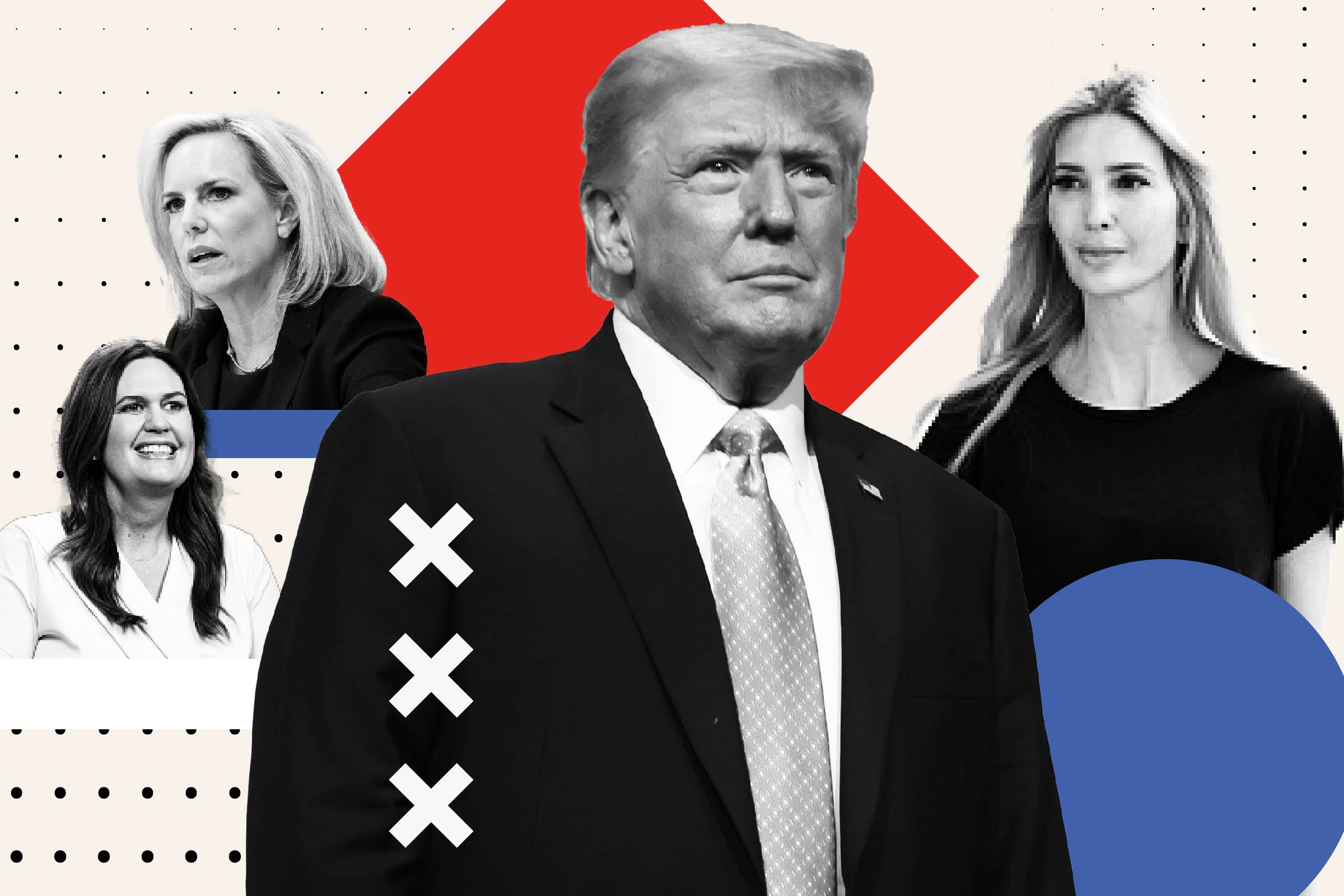
What differentiates you?
Every single day I'm on the receiving end of phone calls, emails, and social media messages like this:
Someone we both know said I should get in touch with you, because I'm looking for a new job. Could we (talk/meet on the phone/meet at your office/have lunch) so I can introduce myself and tell you more?
This entrée is often accompanied by a side dish of social media invitations to connect, follow, or be followed. Some connectors serve up the full meal deal by proceeding to comment on one of my social media posts. #NotHelping
Are You Quieting the Noise or Creating It?
We compete in an attention economy. Whether you're trying to attract the attention of your boss, your mentor, your recruiter, or your HR person, success begins with your story. And in the attention economy, the simplest stories are the strongest.
How prepared are you to tell your story in a way that leads to your desired outcome?
Preparation is key to making the most of these vital conversations and interactions. Being pitch perfect means anticipating the series of predictable questions you will be asked, then preparing and practicing articulate answers.
You: In a Few Words
There's one predictable question everyone will ask you in an interview or an introduction. What are your strengths? The desired outcome of delivering your strengths statement is for your listener to respond with, "Tell me more."
Rather than a run-on sentence, focus on three to five words that uniquely describe you or your strengths. Then practice saying your three to five words out loud until they feel as natural as saying your name.
For example, "I am a catalyst, creator, connector and coach."
You: In a Few Examples
"Tell me more" is an invitation to illustrate how your strengths correlate with results. The best examples to share are SMART stories: specific, measurable, achievable, relevant, and time-bound. Great examples highlight how you put your strengths to work to solve problems and make a measurable impact.
What are one or two success stories that go beyond describing what you've done to describing what you can do for your listener?
It's the difference between saying, "I'm a lifelong learner and just earned a new certification," and "I'm a lifelong learner and just earned a new certification that made it possible to raise my hourly billable rate by 50%."
You: In the Future
Describe what you aspire to or are seeking next in three to five words. Your description could range from a title to a theme to a desired outcome, like a promotion or a pay raise.
If you lack clarity about a specific title or outcome, you're not alone! Think in terms of education, experience, and exposure. What might you want to learn next? What might you want to try next? Who might you want to meet next?
You: Make the Ask
As a result of your conversation, your listener is likely to ask, "How can I help?" or, "What questions do you have for me?" Skipping or minimizing your ask is a missed opportunity. We often find it easier to offer help than to ask for help. That's why it's important to craft your asks in advance.
Some examples of asks are:
- Could you please introduce me to...?
- What is the path to my next promotion?
- Will you sponsor me for...?
- Could I attend this class/conference?
- What other roles might be a fit for me given my strengths?
You: In a Sentence
Your personal elevator pitch is as easy as integrating what you just created above into a few simple sentences.
"My strengths are (insert your three-to-five-word strengths). One example of how my strengths correlate with results that would benefit you is (insert one SMART example). What I'm seeking next is (insert your three-to-five-word future statement). The reason I want to connect is... / The way I'm hoping you can help is... (insert your ask)."
Conclude your conversation by offering value in return. You could open your network of contacts, write an authentic recommendation on LinkedIn, or provide a service of another kind.
Well-crafted conversations are one of the best strategies to compete to win in the attention economy. Because when you change your conversation, you change your results.








